According to a recent analysis, nearly 600,000 Black women have been economically sidelined since February, with the November 20, 2025, Jobs Report indicating this is not a temporary setback but a structural crisis. The economy added only 119,000 payroll jobs in September, with revisions to August and July erasing another 33,000 positions, leaving just 187,000 jobs gained over three months, an average of 62,000 per month, a 3% slowdown from the previous quarters already anemic growth.
This slowdown is particularly concerning for Black women, who have lost 297,000 jobs since February, with another 223,000 remaining unemployed and 75,000 pushed out of the labor force entirely. According to estimates, these forced exits alone are draining an estimated $9.2 billion from U.S. GDP this year, representing lost productivity, lost tax revenue, and diminished national output. These are not just missing paychecks but also a significant impact on the overall economy.
Dr. Maria Rodriguez, an economist specializing in labor market trends, notes, "The data is clear: Black women are being disproportionately affected by this economic slowdown. We're seeing a perfect storm of factors, including limited job opportunities, lack of access to education and training, and systemic barriers that prevent them from participating fully in the workforce."
The impact on the economy is not limited to the individuals affected. The loss of productivity and tax revenue also has a ripple effect on businesses and the overall economy. According to a report by the National Bureau of Economic Research, every 1% decline in labor force participation leads to a 0.3% decline in GDP.
The structural crisis facing Black women in the workforce is not a new issue, but rather a long-standing problem that has been exacerbated by the current economic slowdown. According to the U.S. Bureau of Labor Statistics, the unemployment rate for Black women has consistently been higher than that of their white counterparts, with a current unemployment rate of 6.5% compared to 3.5% for white women.
In response to the crisis, some organizations are calling for policy changes to address the systemic barriers facing Black women in the workforce. "We need to see a comprehensive approach that addresses the root causes of this issue, including lack of access to education and training, limited job opportunities, and systemic barriers," said Dr. Rodriguez. "This requires a coordinated effort from policymakers, businesses, and community organizations to create a more inclusive and equitable economy."
As the economy continues to slow down, the impact on Black women in the workforce is expected to be a major concern for policymakers and business leaders. The current status of the economy and the next developments in addressing this crisis will be closely watched in the coming months.




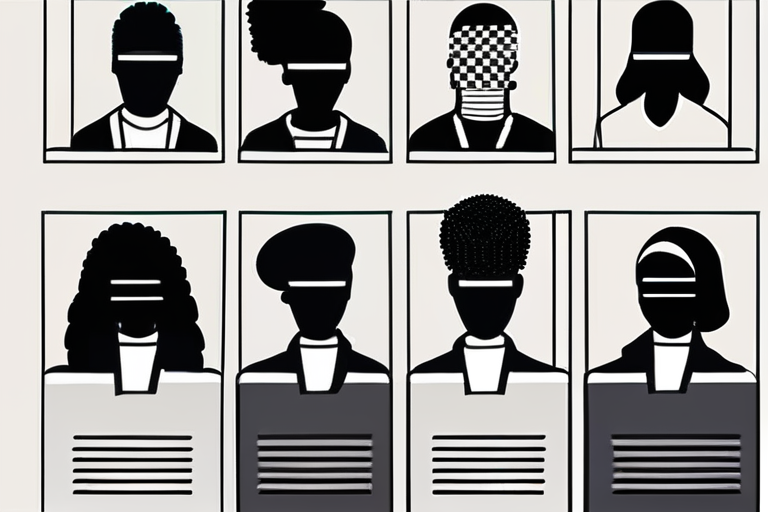

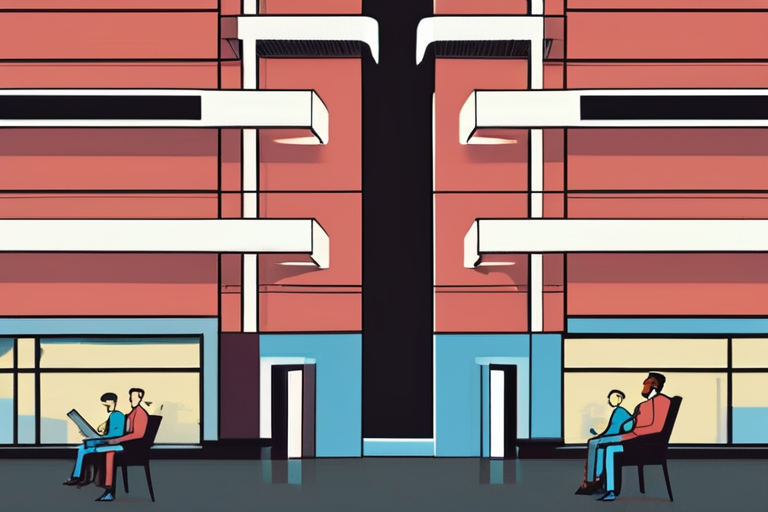









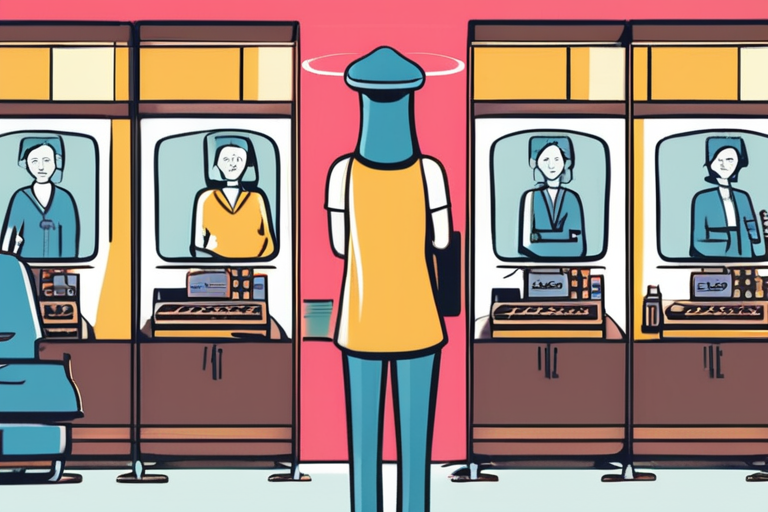

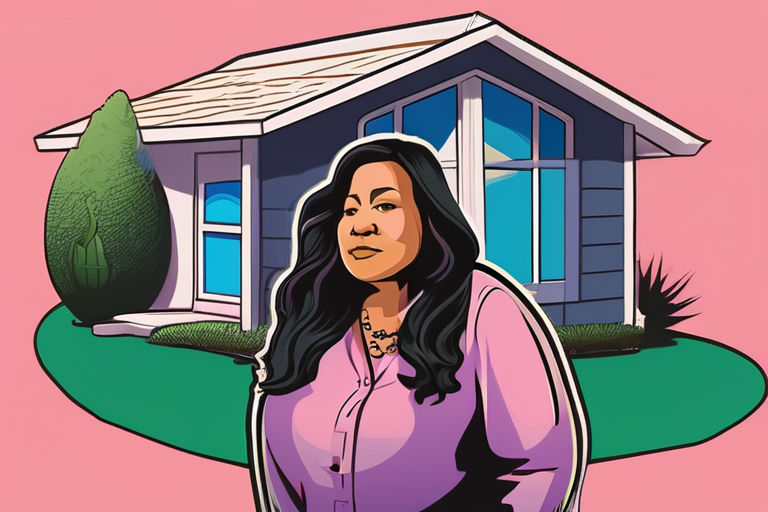
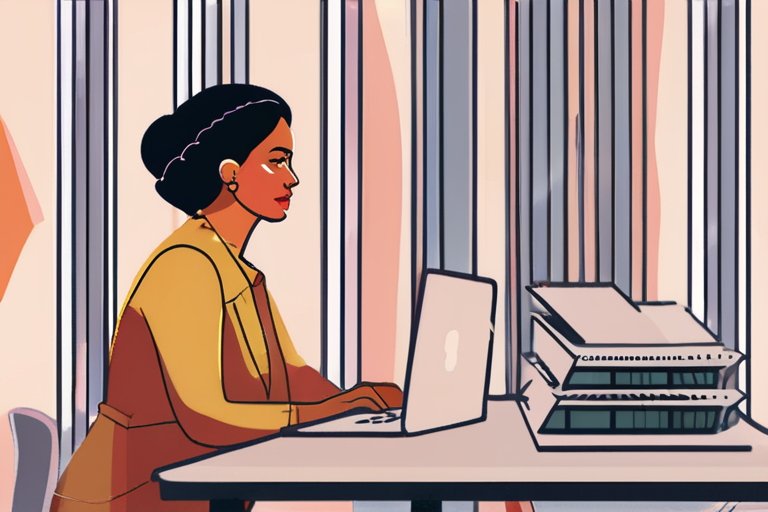







Share & Engage Share
Share this article